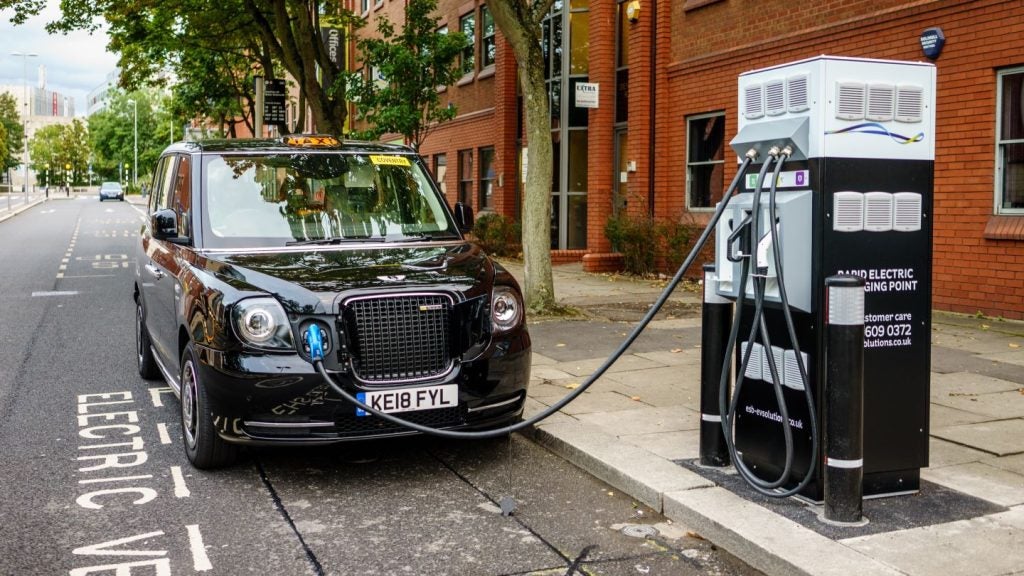
There has only been minimal growth in the adoption of telematics in fleets over the past three years, Arval found in its 2016 Corporate Vehicle Observatory Barometer.
In the 2016 Barometer, 46% of fleets questioned reported the use of telematics. This was only slightly above the 44% who reported this in 2013.
Compared to the overall EU average, the UK was still ahead, however the continent was catching up. Telematics adoption in the EU grew from 28% to 35% over the same period.
Shaun Sadlier, head of consultancy at Arval, said: “The research shows that while UK use of telematics is noticeably higher than the European average, growth in adoption has slowed in the last few years despite clear recognition of the benefits that telematics can provide.
“At a point in time when the price of telematics tends to be falling and the capabilities of the product is still incrementally growing, this is surprising.”
The most popular primary use of telematics was for vehicle tracking, followed by the safety of drivers, and monitoring driver behaviour.
How well do you really know your competitors?
Access the most comprehensive Company Profiles on the market, powered by GlobalData. Save hours of research. Gain competitive edge.

Thank you!
Your download email will arrive shortly
Not ready to buy yet? Download a free sample
We are confident about the unique quality of our Company Profiles. However, we want you to make the most beneficial decision for your business, so we offer a free sample that you can download by submitting the below form
By GlobalDataNew models
While telematics growth might be stalling, fleet managers seemed open to the idea of more mobility focussed products in the future.
While over half (52%) of those questioned disagreed that their youngest employee generation would easily accept the use of car sharing, a sizable minority (41%) agreed, with the remainder answering ‘don’t know’.
32% of respondents said that car sharing would expand in the fleet sector, and over a quarter agreed it would make vehicles available to a larger share of employees.
Despite this, fleet managers generally expect resistance from drivers in any move to a carsharing platform, and just 11% thought employees would be ready to give up personal company cars for alternative mobility.
However 43% of fleet managers believed employees would easily accept the use of autonomous vehicles.
Sadler said: “Clearly, autonomous cars represent a huge change in how vehicles are used, and bearing in mind that virtually no fleet managers will have had the change to examine one, we believe that a 43% acceptance rate is quite high.
“It is likely that, if autonomous cars are shown to operate effectively on UK roads in a real-world environment, this figure could rise quickly. Of course, we also expect a core of people who will always want to drive themselves.”







